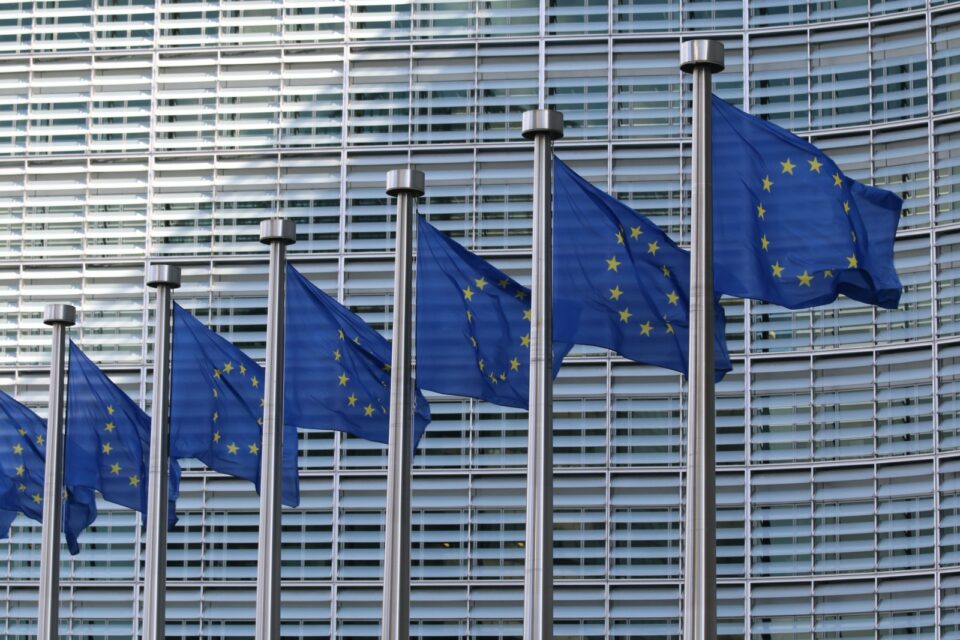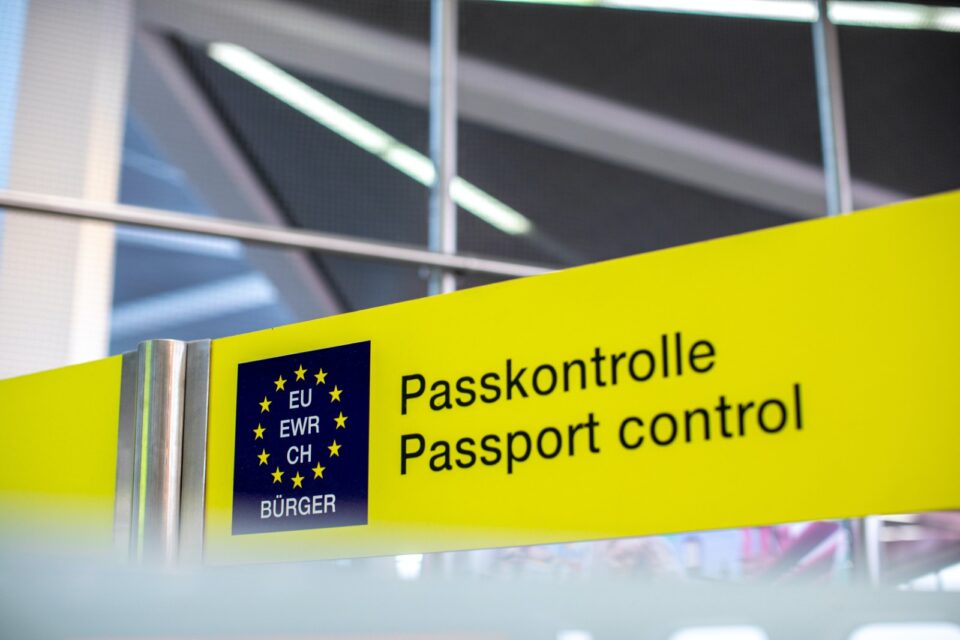Facing Migrations together in the European Union
Giovanni Dal Prà
Migration is one of the toughest challenges EU has been facing over the years. The phenomenon leads to changes in society and job market, and it might be seen as threats by member States government whose population is struggling to face crisis due to COVID-19 pandemic and the inflation caused by the Russia-Ukraine war. Moreover, immigrants’ social and economic integration might be difficult because of factors as language, adaptation, cultural differences, and psychological issues which play a crucial role and local governments might struggle in developing a correct understanding of migrants’ needs and in providing the right services due to lack of satisfying resources and because of other local priorities.
For these reasons, a comprehensive administration of immigration rules and flow control is required at EU level, considering also that the European job market is suffering from lack of labour force in several sectors. Therefore, European Council expressed the urgency of dealing with migrations at EU level and the Commission on the past 16th of March 2023 executed two of the main objectives through a Recommendation and a Communication. The latter are analysed and explained in a series of two articles, of which this is the first one.

Via Unsplash/ Guillaume Périgois
COMMISSION RECOMMENDATION
EU Commission issued a Recommendation to the Member States in response with the aim of stressing the importance of comprehensive practices regarding mutual recognition of return decisions and expediting returns when implementing Directive 2008/115/EC of the European Parliament and of the Council.
As Margaritis Schinas, Vice-President of the European Commission and Ylva Johansson, European Commissioner for Home Affairs affirms during the 14th of March joint press conference, the main goal the Commission aims to achieve is “functionality”, meaning that the migration and asylum can function much better than now and to do so, European Union has to promote legal immigration paths in order to protect those third-countries nationals that seriously apply for asylum and develop systems of cooperation between Member States and third countries.Given the circumstances, the returns of irregular immigrant people are one of the hardest matters European Union deals with, since over 300,000 non-EU citizens are declared to be irregularly staying in the European Union, so do not have the right to benefit from international protection. Nevertheless, things work differently in reality and only around 21% of those people actually return to the provenance.
For what concerns the mutual recognition topic in the Recommendation, the European Commission argues that it is essential between Member States to mutually recognize a decision of returning of an illegally staying third-country citizen using all the available information and tools, such as the Schengen Information System and exchanging useful information to ease the enforcement of the return decision.As far as the expecting return issue, EU countries should boost their cooperation between national authorities that fall within the competence of deciding returns of immigrant people. Moreover, they should adopt a viable common IT return case management system according to the Frontex Model and adequate tools, facilities, and human resources in order to carry out efficiently the tasks, respecting always fundamental human rights.
Additionally, a solid assistance to illegally staying third country citizens must be provided with the goal of encouraging voluntary return and Member States should legislate to avoid the escape of those people once the decision of return is taken. Alternatives to detention are recommended and the development of a comprehensive approach along with the adoption of the right tools are necessary. By the way, some practical actions are then proposed, such as residing at a specifically place designed by authorities or depositing a financial guarantee.
Finally, an annual report to the Commission is demanded to the Member States, as well as the number of return decisions that have been mutually recognised by the Member State, to check how the implementation of this Recommendation is going.

Via Unsplash/ Daniel Schludi
CONLUSION
To conclude, it is in the interest of the EU to adopt a migration common policy and coordinate decisions between Member Countries. The Recommendation of the 16th March 2023 from the Commission is then crucial especially to stress the importance of the mutual recognition of return of non-legally staying individuals in the EU. However, coordination between EU Member Countries may not be sufficient if the European Union does not make agreements with Third Countries. Eighteen agreements on readmissions of irregular migrants with non-EU countries have been concluded and there are other six which are non-binding. Cooperation with Third Countries is then essential to face non-legal immigration in EU and more legally binding actions need to be taken, in order to put the Member States in the condition of focusing on those migrants which are in need of international protection in compliance with the European law. Nevertheless, European Union should always consider that human lives and people rights must be at the core of their policies and decisions. Concerning return decisions, human needs must be observed by EU and local authorities, such as fair living conditions while waiting for the return day, family and children rights, and safety of the journey and at the arrival country. EU internal and external cooperation, as well as a serious commitment and effort on migrants’ human rights respect, is required to face migrations together in the European Union.
[1] https://eur-lex.europa.eu/legal-content/EN/TXT/?uri=CELEX:32008L0115&qid=1606153913679
[2] Complete press conference of 14th of March 2023, Strasbourg – EP/Louise-Weiss
[3] https://home-affairs.ec.europa.eu/policies/migration-and-asylum/irregular-migration-and-return/return-and-readmission_en#:~:text=Common%20rules%20for%20managing%20the,they%20travelled%20to%20the%20EU.
[4] Commission recommendation on mutual recognition of return decisions and expediting returns when implementing Directive 2008/115/EC of the European Parliament and of the Council, 16th of March 2023.
[5] Regulation (EU) 2019/1896 of the European Parliament and of the Council of 13 November 2019 on the European Border and Coast Guard and repealing Regulations (EU) No 1052/2013 and (EU) 2016/1624
[6] Commission recommendation on mutual recognition of return decisions and expediting returns when implementing Directive 2008/115/EC of the European Parliament and of the Council, 16th of March 2023
[7] Ibidem
[8] Ibidem
[9] https://home-affairs.ec.europa.eu/policies/migration-and-asylum/irregular-migration-and-return/return-and-readmission_en
